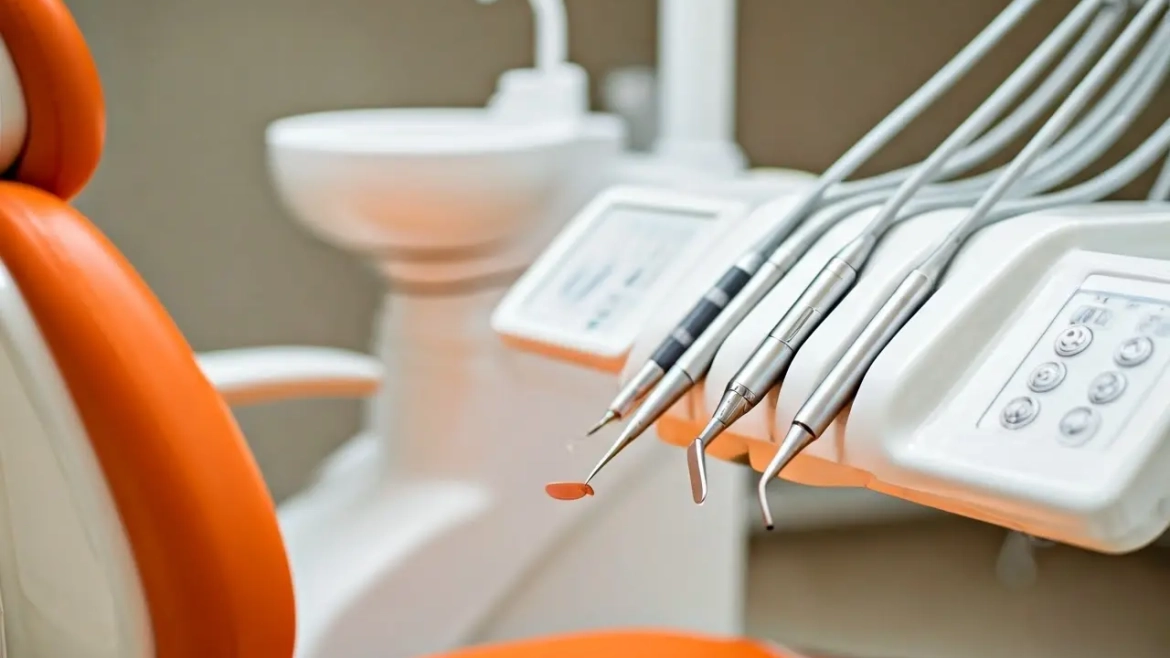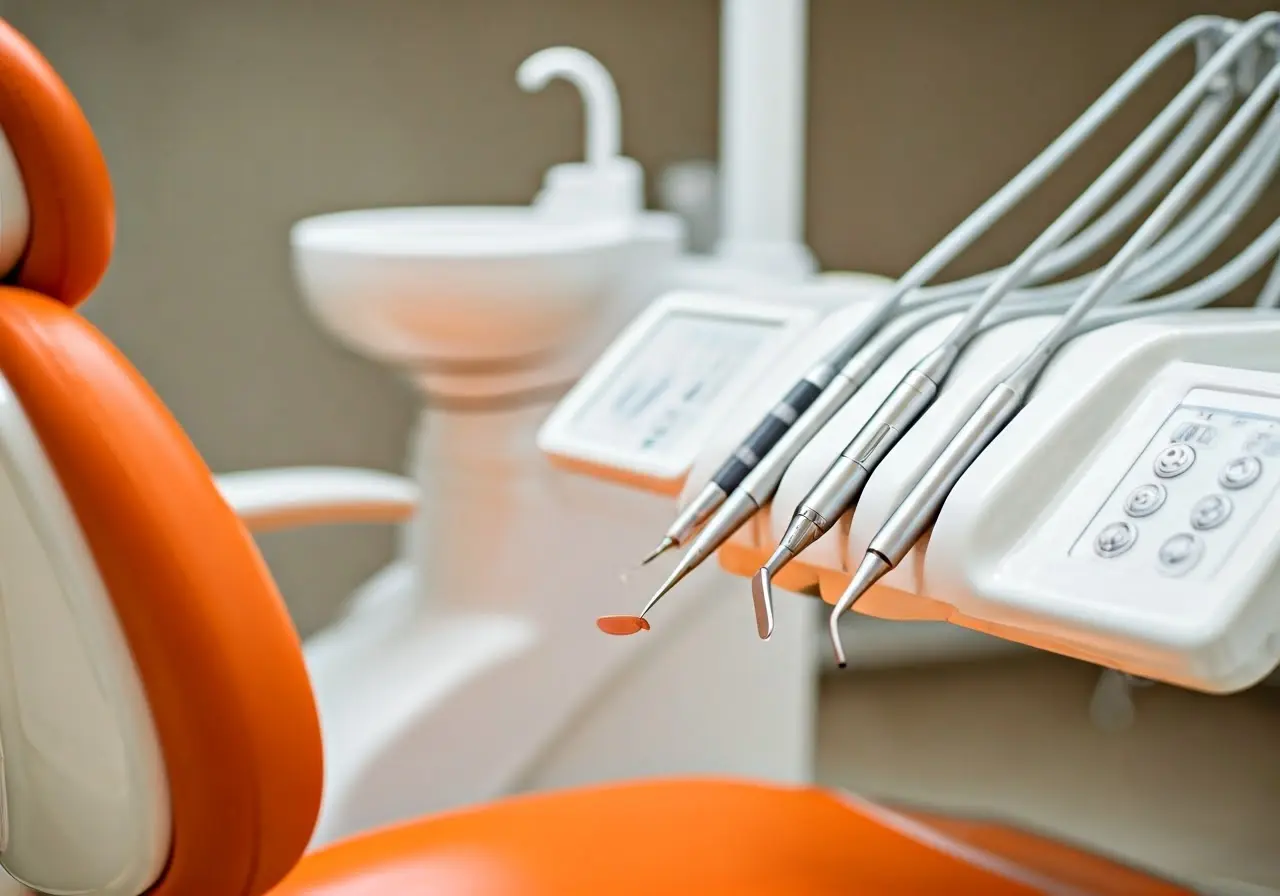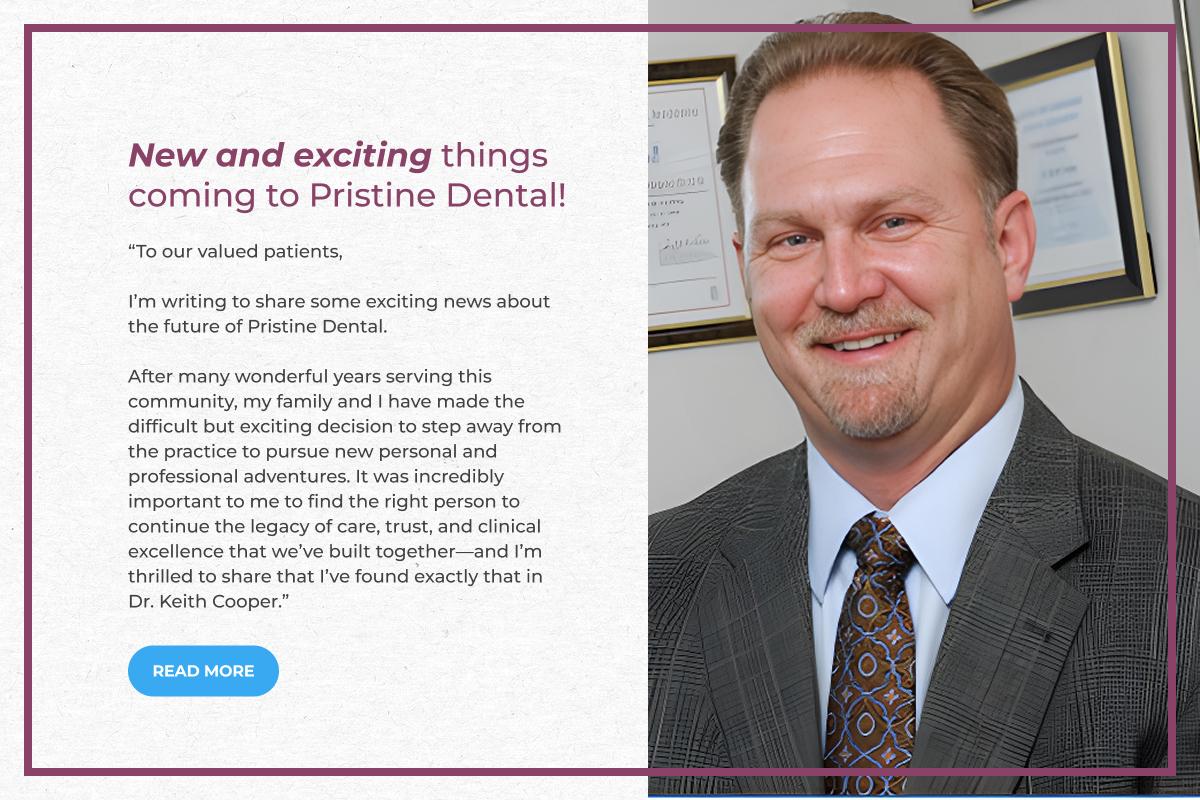A dental consultation is crucial for maintaining good oral health. It’s not just about showing up to get your teeth checked; it’s about empowering yourself with knowledge and making informed decisions. Having a list of questions ready can help you make the most of your appointment. Here are some questions to consider asking your dentist.
1. What is the Current Status of My Oral Health?
Understanding the overall condition of your mouth can help you and your dentist prioritize any issues that need addressing. This question can reveal areas of concern and help guide your treatment plan. For example, during effective dental consultations, a thorough examination can uncover signs of decay or inflammation that might not be visible to the naked eye. This initial step is essential in shaping your preventive plan and ensuring your oral health is on the right track.
Delving deeper into your oral health status allows for a comprehensive analysis of what may be lying beneath the surface. Your dentist can provide a full overview of your gum health, check for potential issues like periodontal disease, and highlight any specific concerns that need immediate attention. They may also compare your current status with previous records to detect any emerging patterns or improvements. By maintaining an open dialogue about your oral health, you can collaboratively develop a preventative strategy that aligns with your specific needs and lifestyle.
2. What Preventive Measures Should I Take?
Prevention is key in dental care. Ask about daily hygiene practices, recommended products, and lifestyle changes that could prevent dental problems in the future. Simple adjustments, like using a fluoride toothpaste or adding an electric toothbrush to your routine, might be suggested. These measures are crucial for avoiding cavities and maintaining healthy gums.
Beyond daily care, inquire about dietary adjustments that can fortify your teeth. Reducing sugar intake and incorporating more calcium-rich foods can make a significant difference. Your dentist might also recommend bi-annual professional cleanings to address areas that are difficult to reach during daily brushing and flossing. Such cleaning sessions not only enhance your oral hygiene but also help prevent conditions like gingivitis from escalating.
3. Are There Any Signs of Cavities or Gum Disease?
Cavities and gum disease are common concerns. Early detection is imperative for effective treatment, so find out what your dentist can see and recommend. Your consultation is an opportunity to catch these issues early, possibly avoiding more invasive procedures later. Dentists have advanced tools to detect early signs of decay or gum irritation often missed by untrained eyes.
Understanding what to look for in gum health is also important. Early indicators include redness, swelling, or bleeding during brushing and flossing. If these symptoms are present, your dentist may suggest altering your cleaning routine, implementing specific rinses or even undergoing scaling treatments to remove plaque buildup underneath the gumline, preventing the condition from worsening into periodontitis.
4. Could You Explain the Results of My X-rays?
Understanding your x-ray results is essential for grasping your dental situation. Your dentist can highlight any issues not visible during a regular exam. X-rays provide a detailed view of tooth roots, bone levels, and positions of teeth that are not erupted yet. During the consultation, ask your dentist to walk you through these images step-by-step. Understanding what each shadow and bright area on an x-ray represents can demystify complex dental terms. With their guidance, you’ll gain insights into potential concerns such as impacted teeth or bone density issues, which are crucial for future oral health planning.
5. What Are the Treatment Options for My Issues?
Treatment options can vary based on your dental needs. Asking this helps you understand available procedures and choose an option best suited to your lifestyle and budget. Your dentist will typically outline both traditional treatments and more modern alternatives, such as laser therapies for gum disease. Exploring these options allows you to weigh the benefits and downsides of each, consider recovery times, and make a choice that aligns with your daily commitments.
6. How Can I Improve My Oral Hygiene Routine?
Customized tips can help enhance your daily dental care. Learn about techniques or products that could better protect your teeth and gums. You may receive guidance on optimizing brushing techniques or the importance of interdental cleaning using floss or water flossers. Inquiry about the best practices for dental consultations can complement these tips by ensuring you’re prepared for ongoing maintenance.
Understanding the importance of regular dental check-ups in maintaining oral health is also vital. These sessions are an excellent opportunity to refresh your knowledge and update your oral hygiene products based on the latest research and technology. Your practitioner can recommend innovative and effective products and tools that better suit your individual needs than conventional ones. Implementing these tips is a proactive way to prevent future complications and sustain a healthy smile.
7. Are My Habits Affecting My Oral Health?
Discuss habits such as smoking, diet, or grinding teeth. Understanding their impact can be a major step in maintaining or improving dental health. Smoking, for instance, not only discolors teeth but also magnifies the risk of gum disease. An honest discussion about these habits allows your dentist to provide tailored advice or solutions, such as protective mouthguards for grinders or dietary alternatives to high-sugar foods.
Lifestyle choices can also lead to variations in the acidity of your mouth, impacting enamel strength. Identifying such habits and learning about their impacts aids in strategizing reduction or cessation plans for better dental resilience. Whether it’s minimizing coffee intake or adopting healthier snacks, every change, no matter how small, can contribute positively to your oral health journey.
8. What Are the Costs of Upcoming Treatments?
Knowing the financial aspects of proposed treatments helps in planning and avoids unexpected expenses. Your dentist can guide you through insurance options as well. Discussing potential costs openly with your dentist will allow you to make informed decisions without financial stress. Budgeting in advance helps align your treatment choices with your financial capabilities and health insurance coverage.
A transparent breakdown of the anticipated expenses can provide insights into the necessity and frequency of future treatments, ensuring that financial considerations are well-integrated into your oral healthcare plan. Your dental provider can also outline financing options or strategic payment plans to alleviate the financial burdens of essential procedures, making it easier to stay on top of your healthcare needs.
9. How Often Should I Schedule Visits?
The frequency of visits can vary; personalized scheduling ensures your oral health is monitored appropriately based on your individual needs. Regular check-ups can prevent the aggravation of unobserved issues and facilitate early intervention. Most dentists suggest a bi-annual schedule, but specific conditions might warrant more frequent visits.
10. Should I Be Concerned About My Wisdom Teeth?
Wisdom teeth can cause complications if not properly monitored. Address your concerns and determine if any action needs to be taken. While some wisdom teeth erupt without issues, others might be impacted or grow at awkward angles, leading to crowding or infection. Early evaluations can inform the need for extraction, mitigating future risks and complications like infection or pain.
11. What Can I Do About Tooth Sensitivity?
Sensitivity affects many people. Discuss causes and relief strategies including possible treatments tailored to your situation. Products such as desensitizing toothpaste, in-office treatments like fluoride varnishes or dental sealants, could be recommended to manage sensitivity effectively. Overcome this common issue and enjoy your favorite foods and beverages without discomfort.
12. Are There Any Cosmetic Recommendations You Have?
Cosmetic treatments can enhance your smile. If aesthetics are important to you, ask about potential procedures that could boost confidence. From teeth whitening to veneers and orthodontic solutions, explore options that might suit your goals and enhance the visual aspects of your oral health. Cosmetic developments exist to not only improve appearance but also strengthen the structural integrity of your smile.
13. What is Your Qualification and Experience?
Understanding your dentist’s background can build trust. Let this question ease any apprehensions regarding treatment and care. Your dentist’s education, certifications, and experience give insight into their expertise and how up-to-date they are with current dental practices. Trust is built through transparency and acknowledgment of a professional’s qualifications.
14. Is My Diet Affecting My Teeth?
Diet has a huge impact on oral health. Gain insight on foods to avoid and those that contribute positively to your dental wellness. Consuming too much sugar or acidic foods can weaken enamel, while calcium-rich foods and crunchy vegetables can enhance oral health. Receiving dietary recommendations tailored to your health needs can contribute to sustained dental well-being.
15. What Can I Do to Improve My Dental Anxiety?
Dental visits can be stressful for some. Discuss techniques and strategies to help alleviate anxiety and make visits more comfortable. Practitioners often suggest relaxation exercises, calm communication prior to procedures, or even sedation dentistry as viable solutions. Understanding and managing anxiety is a significant step toward maintaining regular, health-sustaining visits to the dentist. Openly discussing these concerns can empower you to take charge of your oral health without fear.



